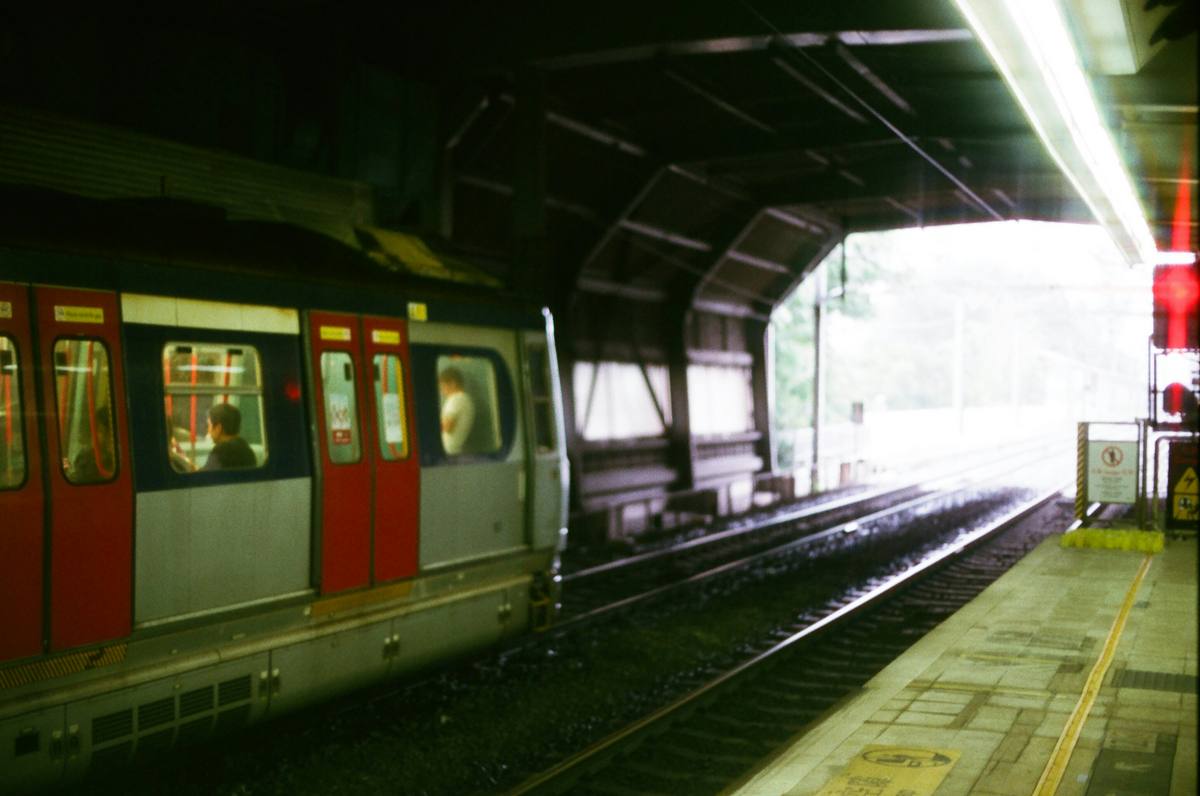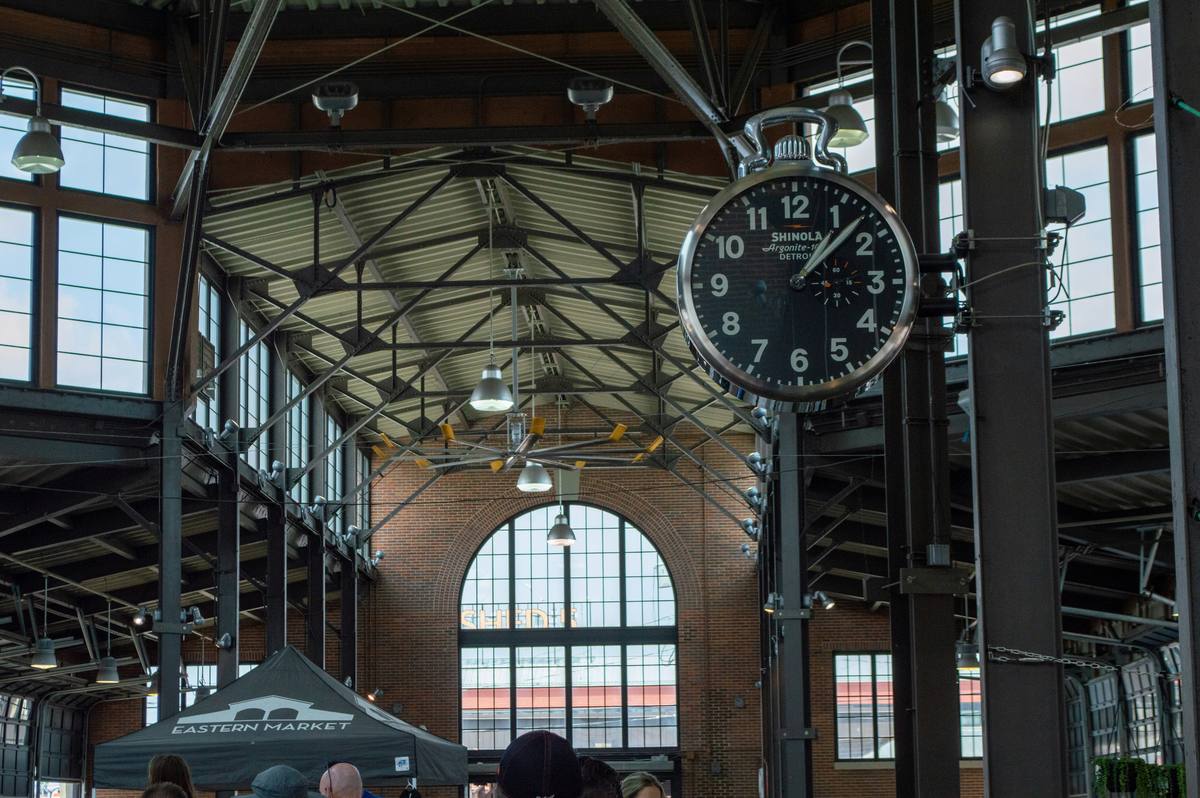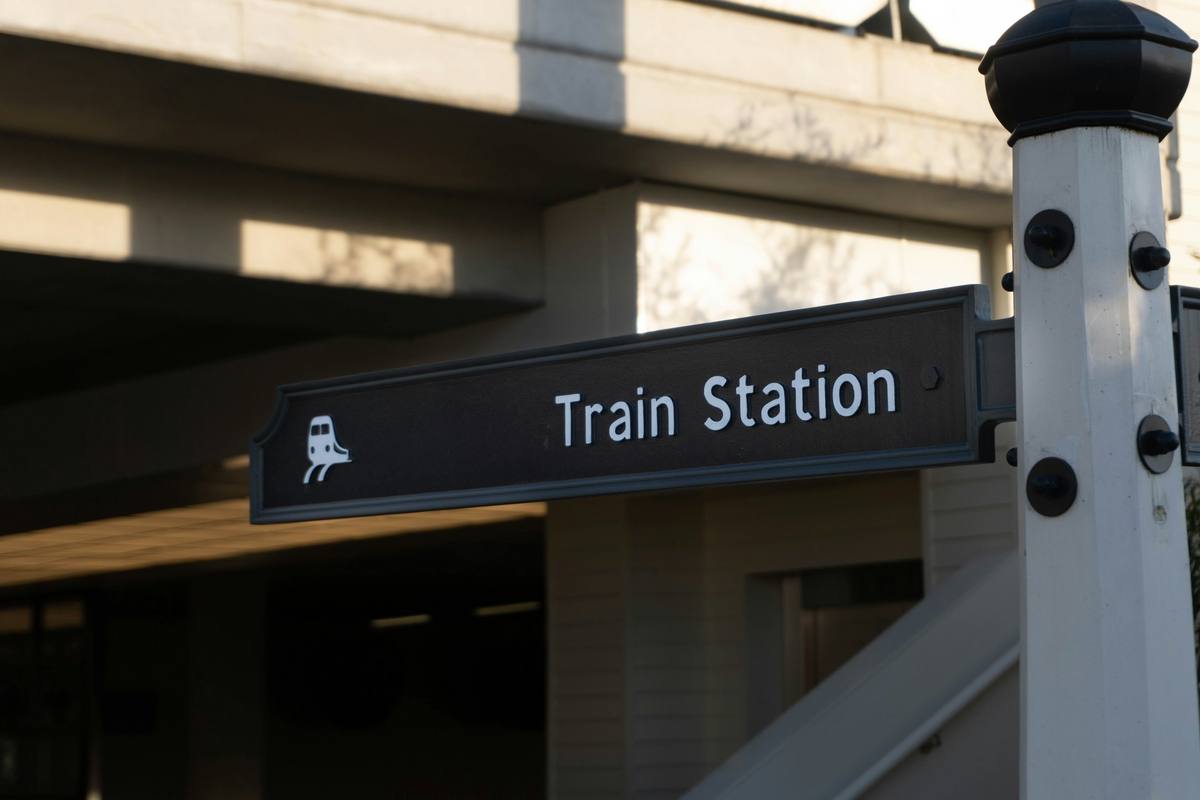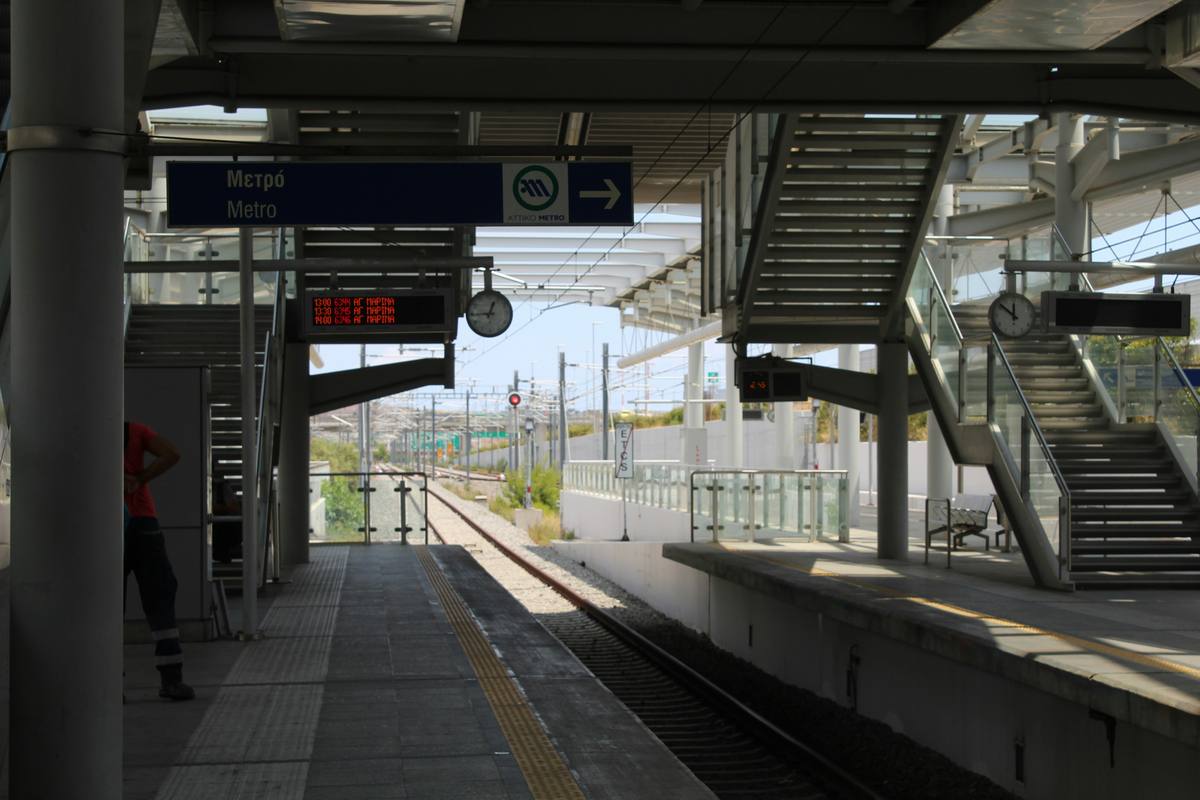Embark on Your Journey: Starting a Train Stations Business
Diving into the train station business realm offers an exhilarating opportunity to be at the heart of travel and connectivity. It's a venture that not only demands an understanding of logistics and transportation but also an innate ability to foster community and innovation. To begin, immerse yourself in comprehensive research, identifying key locations that promise high foot traffic yet underserved by current infrastructures. Crafting a detailed business plan is paramount, outlining everything from operational strategies to financial forecasts. Emphasizing sustainability and cutting-edge technology will set your endeavor apart in today's eco-conscious society. Furthermore, forge strong partnerships with railway companies, local businesses, and communities to create a robust network that supports growth and customer satisfaction.

Understanding the Unique Challenges
When we talk about how to start a train station business, it's important to first acknowledge the unique challenges this endeavor presents. Securing the substantial initial investment required is often the first major hurdle. This isn't just about the physical infrastructure but also includes modern technology systems for ticketing and scheduling. Additionally, navigating the complex web of regulatory requirements can feel like a daunting task. Building partnerships with local and national transportation authorities is crucial for operational permission and support.

Nailing Down Your Location
One of the key decisions in starting a train stations business involves choosing the right location. This decision impacts virtually every aspect of your operations, from potential traffic flow to partnerships with local businesses. It's not only about being accessible but also about anticipating future growth in both urban and rural areas. A deep dive into demographic and transportation trend analysis is essential here. Remember, your station's location can significantly influence its success or failure.
Securing Funding and Partnerships
In discussing how to start a train stations business, securing funding cannot be overstated. The financial requirements are hefty, involving not just construction but also technology, staffing, and maintenance costs. Many opt for a mix of private investments, government grants, and loans. Establishing strong partnerships with financial institutions early on is key. Moreover, leveraging relationships with transportation authorities can lead to valuable collaborations and even co-funding opportunities.

Designing for Efficiency and Accessibility
The design phase of your train station project is where you get to shape user experience profoundly. Everything from the layout of platforms to waiting areas influences how passengers perceive your station. It's pivotal that designs prioritize efficiency to handle peak traffic times smoothly while ensuring accessibility for all users, including those with disabilities. Incorporating green technologies can also enhance your station's attractiveness by aligning with sustainable values. Ultimately, thoughtful design pays dividends in customer satisfaction and operational effectiveness.
Implementing Advanced Technology Systems
In today's world, integrating advanced technology is non-negotiable for a successful train station business. From ticketing systems that allow seamless travel experiences to real-time scheduling displays, technology enhances operational efficiency and customer satisfaction. Investing in robust security systems is equally important to ensure passenger safety--a top priority for any transport hub. Additionally, considering technologies like mobile apps can provide valuable services such as route planning and fare calculation. Embracing innovation sets you apart in the competitive transport industry.

Boost campaigns with 250+ editable templates. Save, reuse, and wield design tools for business growth.
Try it for FREE!Navigating Regulatory Requirements
The rail industry is heavily regulated to ensure safety and reliability of services. Successfully navigating these regulations starts with understanding local and national requirements specific to train stations. This may involve extensive consultations with legal experts specializing in transport law. Compliance is not just about avoiding penalties but also about ensuring operational integrity and passenger trust. Engaging with regulatory bodies as partners rather than obstacles can facilitate a smoother path to opening day.
Focusing on Sustainability
Emphasizing sustainability within your train station business model appeals to environmentally conscious consumers and can provide operational efficiencies that reduce long-term costs. Integrating eco-friendly practices, from energy-efficient lighting systems to water conservation measures, demonstrates commitment to positive societal impact. Renewable energy sources such as solar panels could potentially power portions of your operation, reducing carbon footprint while harnessing cost savings over time. Collaborations with environmental organizations offer insights into best practices while strengthening your brand's reputation for sustainability. This focus not only benefits the planet but also resonates deeply with today's eco-aware passengers.

Leveraging Marketing Techniques
Last but certainly not least, effective marketing strategies are vital for attracting passengers to your new station. Creating a strong brand identity that emphasizes convenience, efficiency, safety, and sustainability can set you apart in the market. Utilizing digital marketing platforms allows you to reach a broader audience quickly and efficiently. Participation in community events helps build local engagement and support. And remember Desygner? It's an incredible tool for crafting visually appealing promotional materials without needing professional design skills--perfect for getting those marketing campaigns rolling.
## Why "How to Start" is Essential for a Train Stations BusinessStarting a train stations business is not just about laying tracks and scheduling trains. The foundation phase, or how you start, sets the tone for your venture's future trajectory. It's the blueprint from which innovative, efficient, and customer-centric services emerge. Let's explore why this initial stage is so pivotal and the positive outcomes of getting it right.### Laying the Right Tracks for SuccessA meticulously planned startup process is like laying the perfect foundation for your train stations. It ensures that every aspect of the business, from safety measures to customer service, is designed with precision and foresight. This strategic approach allows for a smoother operation, where potential issues are addressed before they arise, leading to a more resilient and adaptable business model.### Fueling Innovation from Day OneInnovation is the engine of growth in the competitive landscape of train stations. Starting right means infusing your business with a culture of innovation from the outset. This proactive stance on embracing new technologies and methodologies can significantly enhance operational efficiency and sustainability, setting your venture apart as a forward-thinking leader in the industry.### Enhancing Customer ExperienceThe heart of any train station business is its customers. A well-planned startup ensures that customer experience is prioritized from day one. By investing time and resources into understanding and meeting your passengers' needs early on, you cultivate loyalty and satisfaction. This focus can lead to a positive reputation, increased ridership, and ultimately, higher revenue.### Attracting Investment and PartnershipsInvestors and partners are more likely to be attracted to a train station business that demonstrates clear planning, potential for growth, and an innovative approach. Starting off on the right foot showcases your commitment to success and professionalism, making your venture an appealing option for those looking to invest in or collaborate with a promising enterprise.### Setting the Stage for Long-term GrowthFinally, starting correctly is crucial for ensuring long-term growth. By establishing strong operational practices, building a loyal customer base, and fostering innovative thinking from the beginning, you create a scalable model that can evolve with changing market demands. This adaptability is key to sustaining growth and securing your place in the future of transportation.In conclusion, how you start your train stations business can make all the difference in its success. A well-thought-out beginning paves the way for innovation, exceptional customer service, attractive investment opportunities, and enduring growth. It's about setting yourself up not just for immediate wins but for a legacy of excellence in the transport sector.

Key Takeaways on Starting a Train Stations Business
In conclusion, embarking on the journey of starting a train station business requires meticulous planning, understanding the legalities, and embracing the power of marketing. The task might seem daunting at first, but with the right approach and mindset, it can lead to a fulfilling and profitable venture.
Firstly, recognize the importance of thorough market research. Understanding your competitors and your target audience lays the foundation for your business plan. It's crucial to identify gaps in the market that your train station can fill. This will guide your service offerings and marketing strategies.
Secondly, securing funding and managing finances responsibly is vital. Whether it's through loans, investors, or personal savings, ensure you have a solid financial plan in place. Additionally, maintaining meticulous records will help track progress and manage expenses efficiently.
Lastly, don't underestimate the power of marketing. In today's digital age, creating a strong online presence is indispensable for attracting customers and building brand loyalty. Utilize social media platforms to engage with your audience and create compelling content that resonates with them.
- Conduct detailed market research
- Identify your unique value proposition
- Create a comprehensive business plan
- Secure necessary funding and manage finances wisely
- Adhere to all legal requirements and obtain necessary permits
- Design an inviting and functional station layout
- Develop a robust marketing strategy
- Leverage tools like Desygner for your marketing materials
In summary, while starting a train stations business involves multiple steps and demands dedication, it also offers the opportunity to create a significant impact in the transportation industry. Remember to leverage tools like Desygner for creating eye-catching marketing materials effortlessly. Embark on this exciting journey prepared, and don't hesitate to sign up at Desygner to elevate your business's visual appeal.


